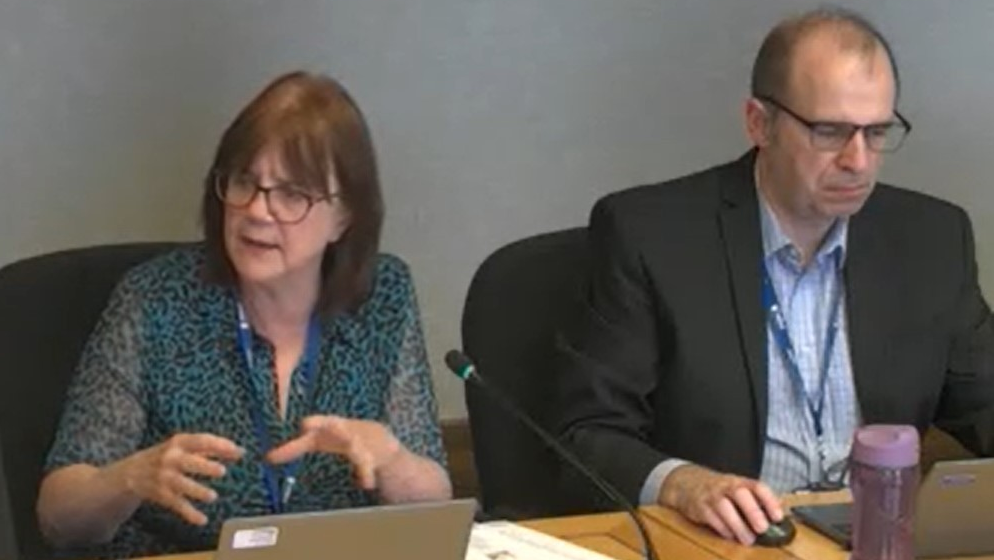Council struggles to recruit after Arthur murder

Arthur Labinjo-Hughes was tortured by his father Thomas Hughes and his partner Emma Tustin, before being murdered by Tustin in 2020
- Published
Recruiting new social workers at a council criticised over the death of a six-year-old remains the biggest challenge to improving its children’s services, its director says.
Widespread failings were identified at Solihull Council after the killing of Arthur Labinjo-Hughes in June 2020 at the hands of his father and his partner.
However, Ofsted said in February that there were signs of improvement and "social work practice has improved".
But recruitment was still an issue, Beate Wagner, director of children’s services, told council committee members, with not enough permanent staff being hired.
"Our greatest challenge at this present time is to continue to work on the recruitment of staff because we haven’t made as much progress in terms of permanent staff as we would like to see," she added.
Six-year-old Arthur was tortured at his home in Shirley by Thomas Hughes and Emma Tustin, before being murdered by Tustin.
She was jailed for at least 29 years for murder while Hughes was jailed for 24 years for manslaughter.
In January 2023, Ofsted said children in Solihull were not getting the help they needed while inspectors had “identified serious and widespread failings across all service areas”.

Beate Wagner, the council's director of children’s services, said they were trying to recruit more permanent staff
The government took over the children's services department in 2022 and the council has been working with Birmingham Children’s Trust and Sir Alan Wood, the Department for Education commissioner, to make improvements.
Ms Wagner gave an update on progress being made during the latest meeting of the authority’s audit committee on Monday.
She said their challenges in recruitment were "not unusual in the region, we are very much like everybody else".
“We have greater impact because we have more vacancies so if we aren’t able to recruit experienced staff, that will lead to a greater impact,” Ms Wagner added.
The updated report from council officers stated 40% of the authority's social workers were currently agency staff which “generates a cost pressure”.
They added: “Like many local authorities across the country we struggle to recruit sufficient permanent qualified social workers.
“We are mitigating this through our own recruitment approaches and an ongoing recruitment campaign. We aim to become an employer of choice.”
Asked by councillor Richard Long what the target figure of agency staff would be, Ms Wagner said it was about 15%.
“I couldn’t give you a date we realistically are going to achieve that," she said.
“We do talk to our agency staff regularly about opportunities to join us.
“But it is very much work in progress.”
This news was gathered by the Local Democracy Reporting Service which covers councils and other public service organisations.
Get in touch
Tell us which stories we should cover in Birmingham and the Black Country
Follow BBC Birmingham on BBC Sounds, Facebook, external, X, external and Instagram, external.
Related topics
More on the story of Arthur Labinjo-Hughes
- Published22 November 2023

- Published19 October 2022

- Published20 January 2023

- Published29 July 2022
